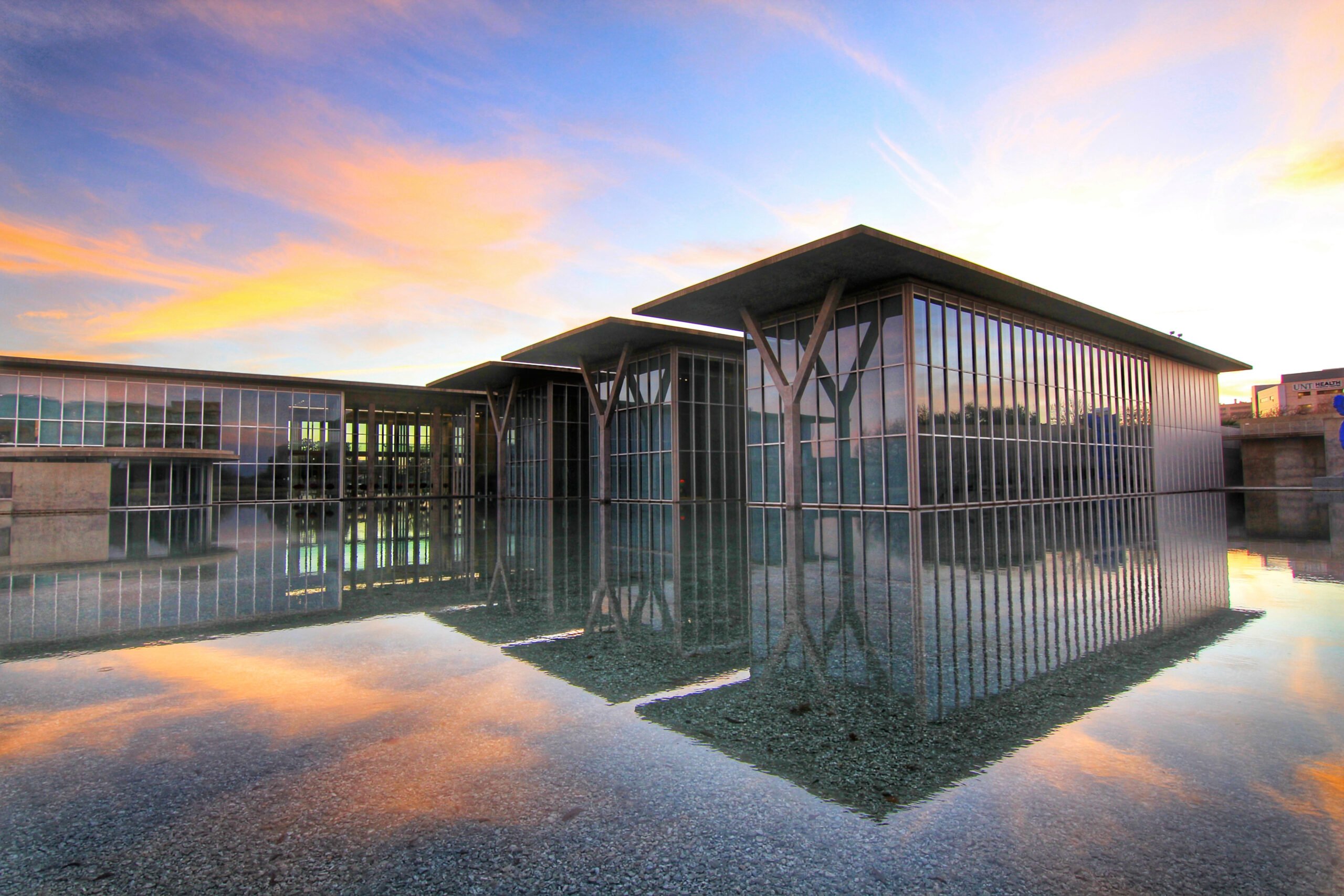ustxtxb_obs_1996_11_22_50_00013-00000_000.pdf
Page 9
Blind Justice Comes to the Polls BY W. BURNS TAYLOR Paso County were accessible to all votersincluding the blind and visually impaired. The system, costing slightly more than $10,000 for the entire county, involved the use of a tape player in con junction with a conventional portable voting machine. Taped instructions informed the voter which hole number corresponded to the names of the candidates listed on each page. The voter then counted down the requisite number of holes with the tip of the voting stylus, and punched his or her own bal t may seem like a minor improvement in voting methods, yet the change required a lengthy lawsuit under the Americans with Disabilities Actand a court decision still under appeal by the Secretary of State. In September of 1994, I was one of seven El Pasoans who filed suit in federal district court against the county of El Paso, both Republican and Democratic Parties, and against the Secretary of State of Texas, for failure to provide accessibility to the polls for persons with disabilities. We charged that the County of El Paso and the State of Texas deny blind and visually impaired citizens the right to cast a secret ballot, and that the majority of polling places within the county are inaccessible to persons in wheelchairs. In response to the suit, the El Paso media had a feeding frenzy. Talk show callers vilified people with disabilities for filing a “frivolous” law suit, which would burden the county tax payers with unnecessary expenses. The critics somehow failed to note that people with disabilities have been paying taxes for years for events and facilities that are totally inaccessible to us: parks, art museums, libraries, and even many government offices. On June 12, 1995, just minutes before the trial began, the County of El Paso and both political parties settled with the plaintiffs. County officials agreed to explore the feasibility of rendering all polling places in the county accessible to the blind and visually impaired. That left the secretary of state as the sole defendant in the case. During the three-day trial, witnesses with disabilities voiced objections to the present system of having someone else, either a family member or an election official, fill out their ballots for them. We described this method as both humiliating and demeaning. At the polls, nearby voters often overhear our choices of candidates; even absentee voting results in another person \(whoever fills out the aba modest sum, the state could provide a modified system by which all blind and visually impaired citizens could vote unassisted. Grant Downey, C.E.O. of the El Paso Lighthouse for the Blind, demonstrated to the court that a blind individual could operate a punch-card voting machine \(the system currently in use in El electronic method of voting, using a computer equipped with a voice modem and an ordinary touchtone telephone, was also demonstrated. But lawyers representing the Secretary of State challenged the security of such a system, insisting that security precautions were not yet sophisticated enough to prevent fraud and tampering by hackers. This case, presided over by Judge David Briones, had its moments of humor. Judge Briones spoke from the high bench through a microphone, making his words sound a little like the voice of God floating down from the rafters. Somewhat disoriented by the sound, Grant Downey, totally blind, stopped at one point and asked, “Where’s the judge?” During my own testimony, I explained that directing some one else to complete my ballot at the polls meant having others nearby overhear my choices. The state’s lawyer asked if I couldn’t whisper to the person assisting me. “I usually ask a male friend to vote with me,” I replied. “My friends are the type of guys…who wouldn’t take kindly to another man whispering in their ears, if you get my drift.” Even the judge laughed at that. Despite the voting demonstrations, which made it clear that more than one method was already available to make the polls accessible, lawyers for the state argued that what the plaintiffs were asking would force a fundamental and prohibitively expensive change in the way all citizens voted, and that visually impaired individuals should be content to have either election judges or family members vote for them. /n November of 1995 \(five months after the trial ended in U.S. his landmark decision, ringing with the eloquence of righteous ness, Judge Briones said: In this day of low voter turnout and general apathy in the electorate, simplifying access to the polls for a group of people with a history of political activity is in the best interest of both the state and federal government. It is their right as citizens and is required by the ADA…. Although it will not be easy, Texas has an opportunity to lead the nation into a world of equality for the handicapped and the disabled regarding the most cherished right and greatest responsibility in any democracy. Following Briones’ decision, the secretary of state again failed to come to a settlement with the plaintiffs, so the judge began the remedy phase of the case in January of this year. In June, he instructed See “Blind Justice,” page 15 NOVEMBER 22, 1996 THE TEXAS OBSERVER 13


